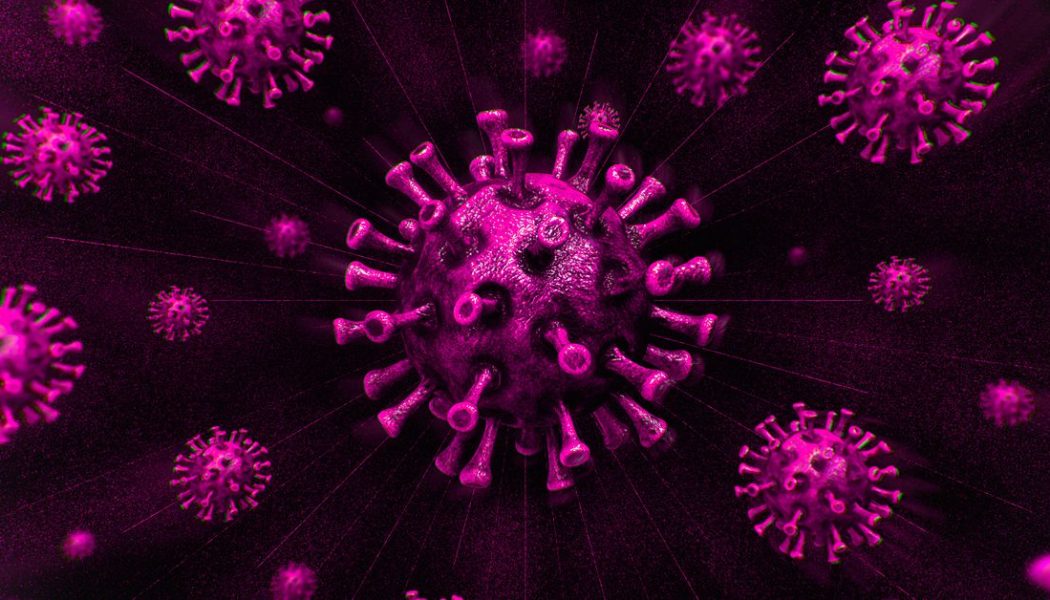
A large-scale study suggests chloroquine and hydroxychloroquine don’t help treat COVID-19, and it may even be harmful. Today, peer-reviewed journal The Lancet published a paper analyzing data from thousands of patients who took the drugs. Their outcomes were no better than those of people who didn’t — in fact, they were more likely to die or develop an irregular heartbeat.
The analysis covers a registry of roughly 15,000 patients across multiple continents, all of whom were given either hydroxychloroquine, chloroquine, or one of those drugs paired with a class of antibiotics called macrolides. It compares the group with roughly 81,000 patients who were not given the drugs. The results weren’t encouraging. People treated with either drug had a higher mortality rate, as well as an increased risk of developing ventricular arrhythmia.
Both chloroquine and hydroxychloroquine were linked to worse outcomes even after controlling for other risk factors like age, preexisting health conditions, and being a current smoker. Researchers completely excluded patients who were treated later than 48 hours after diagnosis, as well as anyone taking remdesivir, a different experimental treatment.
This doesn’t conclusively prove the drugs are dangerous. The authors — including researchers from Harvard Medical School, the University Hospital of Zurich, the University of Utah, and Surgisphere Corporation — warn there might be other variables that weren’t accounted for. But there was “no evidence” that the medications were helpful. And the researchers stress an urgent need for controlled clinical trials (where people are randomly assigned to take the drug or not), not just studies like this one that passively observe patients, to provide more information.
Chloroquine and hydroxychloroquine initially looked like promising treatments for COVID-19. The evidence consisted of preliminary studies involving a few dozen patients, though, and one has since been withdrawn for revision. Later research has cast doubt on their results. A New England Journal of Medicine article from earlier this month compared roughly 800 patients who took hydroxychloroquine to around 560 who didn’t, finding “no significant association” between the drug’s use and survival rates.
Despite this, chloroquine and hydroxychloroquine have become touchstones in a culture war. They’ve been championed with minimal evidence by Tesla CEO Elon Musk, Fox News, and President Donald Trump, who announced earlier this week that he’s been taking hydroxychloroquine to prevent COVID-19. (Conversely, Trump has refused to wear masks in public, despite tentative evidence that they slow COVID-19’s spread.) Some doctors have complained that the drugs’ politicization made it more difficult to conduct research, and the hype has caused shortages among people who take them for other conditions like lupus and rheumatoid arthritis.
The Lancet study doesn’t examine whether the drugs might prevent COVID-19, and it specifically looks at health risks in people who are already sick. These medications are currently approved for use treating autoimmune diseases and preventing malaria, although they have known side effects including arrhythmia. Clinical trials to see if they can prevent COVID-19 are still underway.
This research probably won’t settle the political debate over hydroxychloroquine and chloroquine. Trump’s announcement that he’s taking one of the drugs has sparked renewed interest among supporters, including a defensive tweet from Trump’s campaign manager promoting a misleading statistical analysis. The president initially promoted the drugs as a miracle cure — and if such a cure exists, it’s far easier to order the end of shelter-in-place policies and other containment measures for the novel coronavirus.
As it stands, there’s no proven treatment for COVID-19, and we’re months or years away from a novel coronavirus vaccine, although several promising options are being researched. But discovering that a specific treatment doesn’t work is also valuable, especially if that treatment turns out to be worse than taking nothing at all. While today’s study doesn’t take chloroquine and hydroxychloroquine off the table, it provides additional, clear evidence about their usefulness and their risks.









